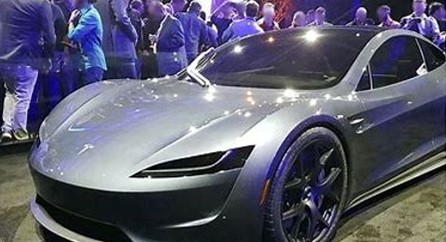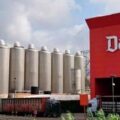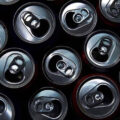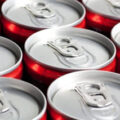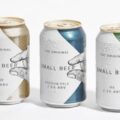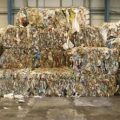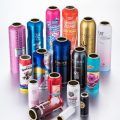During his visit to Tesla, the governor of Nuevo León reported that one of its executives had told him a joke about the way cars are made at the company. This was alluding to the concept of circular economy applied to vehicle manufacturing.
The governor of Nuevo Leon told how Rohan Patel, one of the directors of Tesla Motors invited him and the other representatives to see the plant and chat with its executives. “He says ‘don’t stop drinking Tecates, because with them we make Tesla’s cars. From so much beer that is produced in Nuevo León, it melts and that is what they send us to make the chassis,” said the governor.
It’s not easy to imagine the relationship between drinking a can of beer and creating a chassis for an electric car, but how exactly is it done?
Tesla is committed to being an environmentally sustainable company, which means requiring its suppliers to use recycled material inputs.
“They will assess their supply chain to address risks related to Tesla’s Responsible Human Rights and Materials Policies, including anything related to minerals in conflict zones, human trafficking, slavery, child labor and environmental impacts, and, will share their findings with Tesla when this is requested,” the business criteria reads.
Nemak is a global supplier to the automotive industry, designed to produce aluminum components for vehicles. This particular company supplies Tesla with material from recycled Tecate cans.
A person on the social network LinkedIn reported that with the 190 kg of aluminum present in the Tesla chassis, it would result in no less than 12,970 cans. If a 340-milliliter can and its weight (13.6 g) were taken, one kilogram is equivalent to 74 cans; this would result in 4,750 liters of beverage to complete the objective set.
“We currently use less water per vehicle than almost any internal combustion automobile manufacturer. There is a misconception that producing an electric vehicle requires more water than producing a conventional vehicle. Our data shows that this is not the case,” added Tesla.

